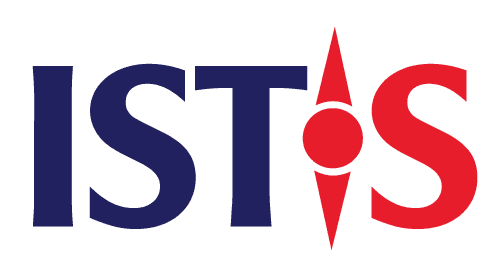As technology continues to reshape every corner of society—from how governments deliver services to how startups tackle global challenges—the demand for skilled digital talent shows no signs of slowing down. But behind the headlines about AI breakthroughs and automation lies a quieter transformation: the evolution of how tech talent is cultivated in the first place.
Vietnam, like many emerging economies, is confronting this issue head-on. Universities are updating curricula, vocational programs are gaining traction, and innovation hubs are experimenting with alternative models for developing technical skills outside the classroom.
At the heart of this shift is the recognition that traditional education pathways, while still valuable, can no longer operate in isolation. Information technology degrees remain a foundational route into the digital workforce, but they are increasingly complemented by short-term certification programs, project-based learning, and industry-led bootcamps.
These alternatives aren’t simply add-ons—they reflect the growing complexity of the tech ecosystem. Employers are no longer only seeking theoretical knowledge, but adaptability, systems thinking, and real-world problem-solving experience. As a result, hybrid skillsets are becoming the new norm: software engineers who understand climate data, or data analysts who can communicate with policymakers.
Some universities have responded by forging closer ties with the private sector. At a recent national forum on science and technology education, several institutions announced new co-training initiatives with startup incubators and enterprise partners. These efforts are aimed not just at updating syllabi, but at embedding students in the rhythms of innovation—from design sprints to field testing.
Meanwhile, regional governments are investing in local talent through targeted scholarship programs and public-private partnerships. One initiative in the Mekong Delta, for example, pairs promising youth with mentors from both academia and industry to co-develop solutions for agricultural resilience. It’s an experiment in nurturing tech fluency not just in urban centers, but across the country’s diverse socio-economic landscape.
What these approaches share is a common understanding: that talent development must now be continuous, context-aware, and closely aligned with national priorities. As Vietnam accelerates its digital transformation agenda, the need for cross-disciplinary fluency and ethical grounding is more urgent than ever.
Internationally, this trend is also playing out. Several ASEAN countries are collaborating on regional frameworks to standardize certain competencies and facilitate cross-border mobility for digital professionals. In this context, Vietnam’s emphasis on flexible, applied education models could serve as a blueprint for broader regional cooperation.
Yet challenges remain. While demand for digital skills is high, access to quality training—especially outside major cities—remains uneven. There is also the persistent question of how to balance foundational knowledge with emerging tools and technologies that evolve faster than academic review cycles.
Policy responses are beginning to address this. Recent guidelines from the Ministry of Education and Training encourage institutions to embed innovation, ethics, and entrepreneurship into STEM fields. This doesn’t replace the need for deep technical training—it complements it by preparing graduates to work in interdisciplinary, rapidly changing environments.




